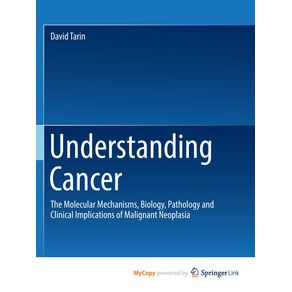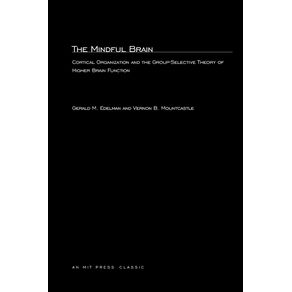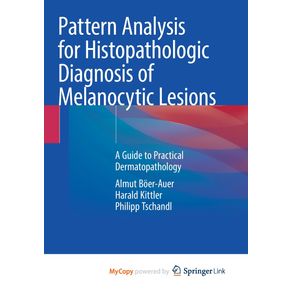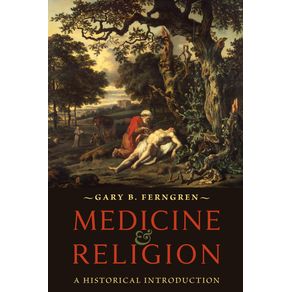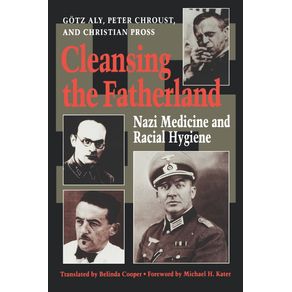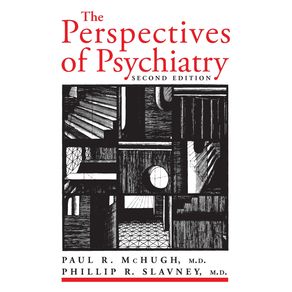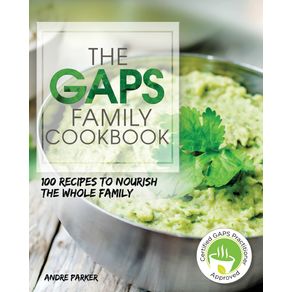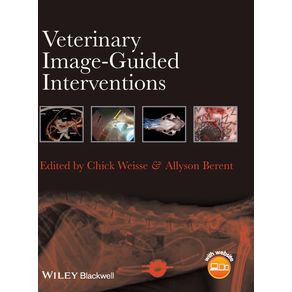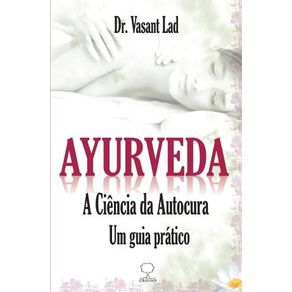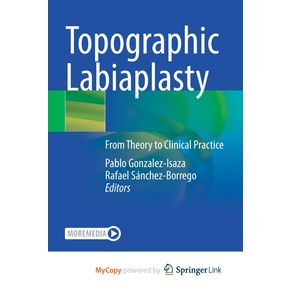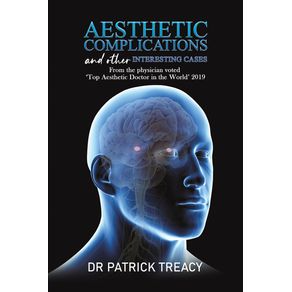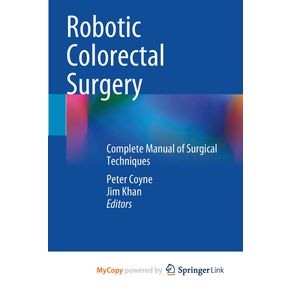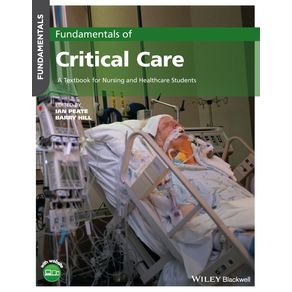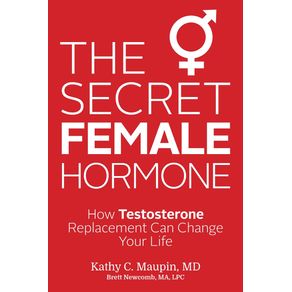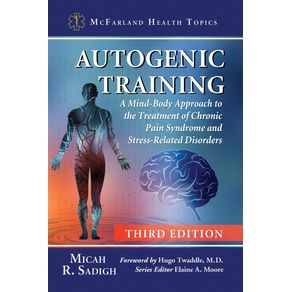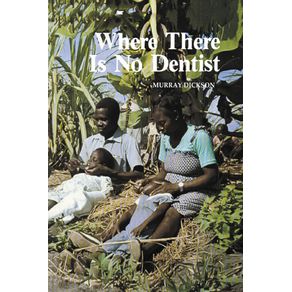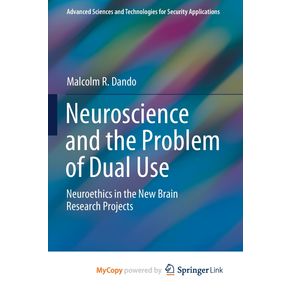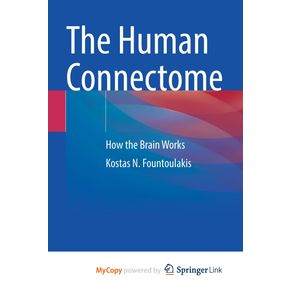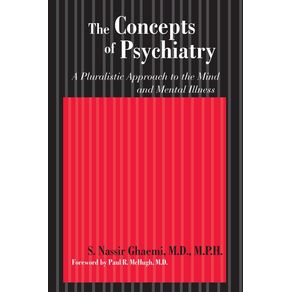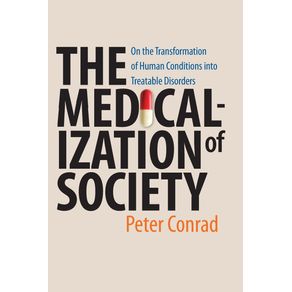-
DEPARTAMENTOS
- ANIMAIS DE ESTIMAÇÃO
- ARTES
- AUTO AJUDA
-
BEM ESTAR E LAZER
-
CATEGORIAS
-
-
CULINÁRIA E GASTRONOMIA
-
CATEGORIAS
-
-
ESPORTES
-
CATEGORIAS
-
- INFANTIL
-
RELIGIÃO
-
CATEGORIAS
-
- ADMINISTRAÇÃO E NEGÓCIOS
-
CIÊNCIAS BIOLÓGICAS E NATURAIS
-
CATEGORIAS
-
- DIREITO
- ECONOMIA
-
MEDICINA
-
CATEGORIAS
-
-
TODOS DEPARTAMENTOS
-
INTERESSE GERAL
-
LIVROS TÉCNICOS
-
- IMPORTADOS
Building the New Man
Cód:
491_9789639776838
Building the New Man
Autor:
Editora:
Código:
491_9789639776838
Vendido e entregue por Um Livro
Discusses several fundamental themes of the comparative history of eugenics: the importance of the Latin eugenic model; the relationship between eugenics and fascism; the influence of Catholicism on the eugenic discourse and the complex links between genetics and eugenics. It examines the Liberal pre-fascist period and the post-WW2 transition from fascist and racial eugenics to medical and human genetics. As far as fascist eugenics is concerned, the book provides a refreshing analysis, considering Italian eugenics as the most important case-study in order to define Latin eugenics as an alternative model to its Anglo-American, German and Scandinavian counterparts. Analyses in detail the nature-nurture debate during the State racist campaign in fascist Italy (1938-1943) as a boundary tool in the contraposition between the different institutional, political and ideological currents of fascist racism.
Veja mais


